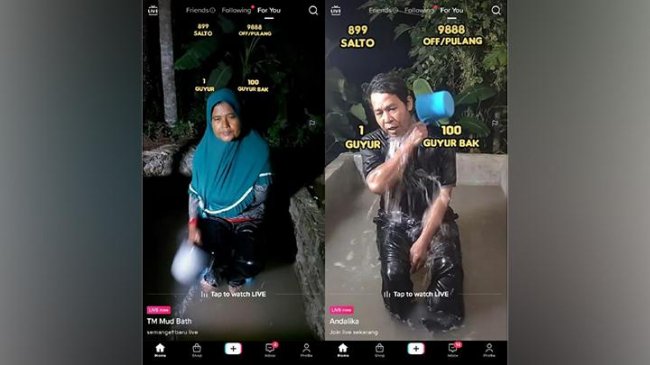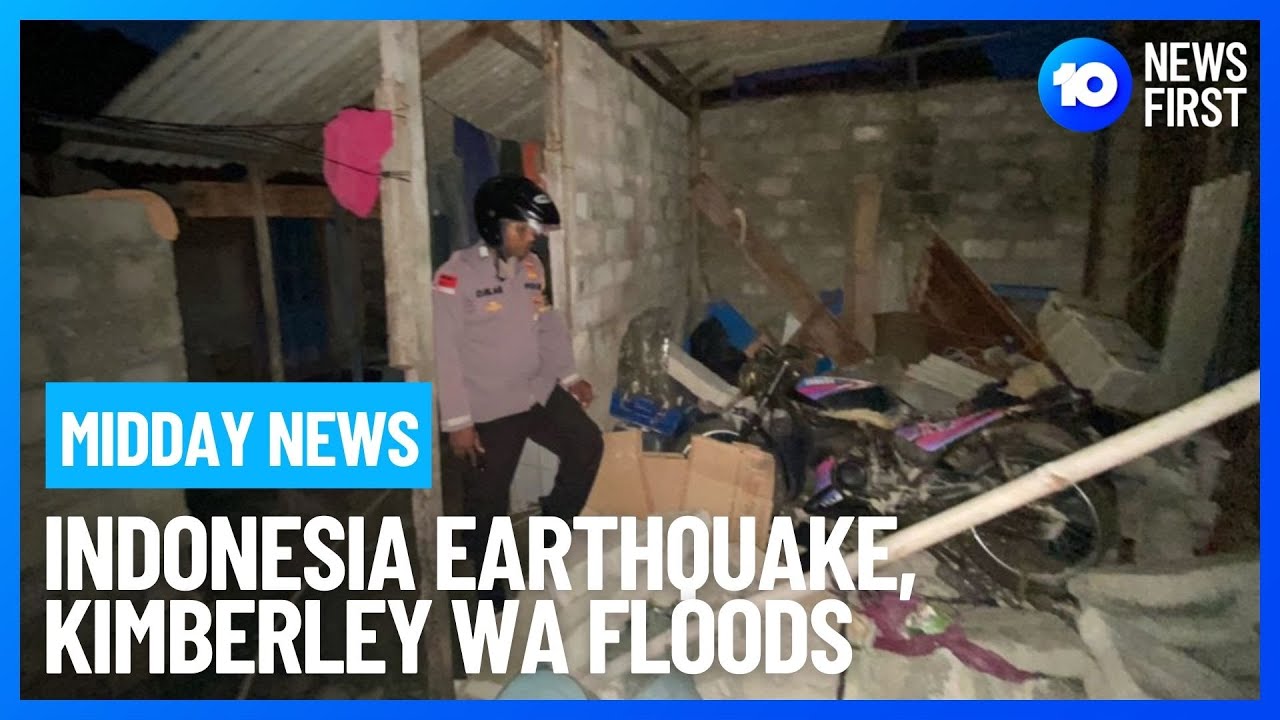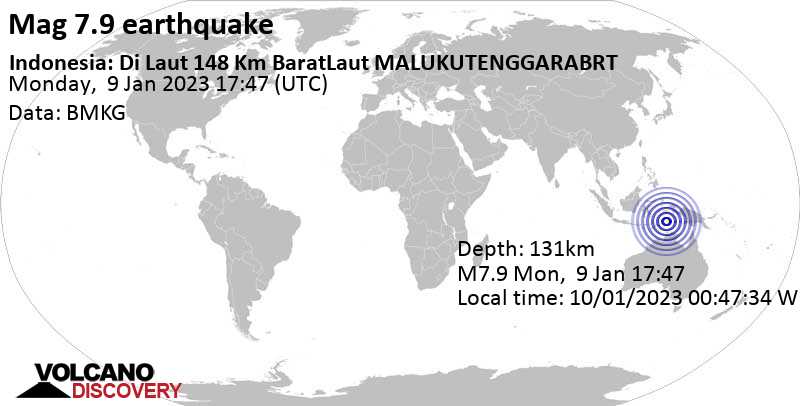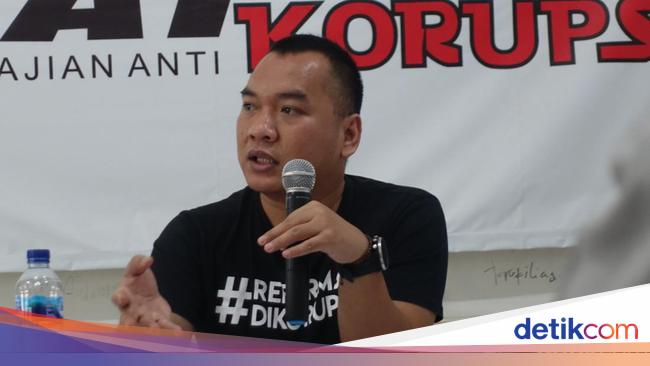TEMPO.CO, Jakarta – The Indonesian Broadcasting Commission (KPI) has urged television broadcasting institutions to get selective in choosing viral content on social media that they plan to air.
“KPI expects that the television industry will not use viral content solely as material for broadcast programs. As in, it is permissible to show viral content, but one must be selective in choosing,” Commissioner of the Central Indonesian Broadcasting Commission Nuning Rodiyah said on Saturday.
Broadcasting institutions must consider whether the content is beneficial for the public or not, she added.
Some time ago, a video depicting an elderly woman taking a mud bath to beg for money was circulated on TikTok, which made people feel uncomfortable.
Rodiyah warned the institutions against further promoting such content, saying it could degrade public morality.
“Should one not (select broadcasting materials wisely), this will actually become an inspiration to the public; more and more people will take mud baths, more and more people will get hit on the head with pot to get money, followers, viewers in the live program; so don’t ever do it,” she said.
It is still possible to broadcast viral content if it is intended to help dissect a particular phenomenon, with competent sources or experts brought into the broadcast as well, she added.
Rodiyah emphasized that the commission upholds child and youth protection as a basic principle while monitoring broadcasting institutions in order to ensure the children’s future.
Some time ago, a teenager nicknamed Fajar ‘Sadboy’ attracted the attention of netizens. He occasionally cried when he talked about his experience of a broken heart, and his style of speech stuck out.
He then appeared as a guest star on television shows. This prompted many responses, including from television presenter Deddy Corbuzier, who questioned the commission’s role.
Rodiyah said that children should not be invited as guest stars to talk about things that are beyond their capacity, such as calamities or disasters, divorce, relationships, affairs, mature conflicts, and other traumatic issues. This refers to the Broadcast Program Standards (SPS).
Fajar was 15 years old, which made him a teenager, she pointed out. According to the commission’s monitoring, so far, the broadcast program, which brought Fajar as a guest star, has yet to discuss matters which was beyond the boy’s capability, she pointed out.
“Let’s look at the context. If then Fajar ‘Sadboy’ only tells about his experiences (on the topic of love), I don’t think that’s a problem,” she said.
However, the commission would respond differently if Fajar was bullied instead, paired with adults, or presented without proper context, she added.
Rodiyah said that her administration conducted a meeting with television broadcast program managers on Friday (January 20, 2023), including those whose program featured Fajar.
During the meeting, the commission requested the institutions to prioritize child protection while creating broadcast materials.
“We urge for all broadcast programs to be presented (while prioritizing) child protection,” she said.
She also warned that if a broadcast program exploits or abuses children, the commission would impose firm sanctions on it in accordance with the Broadcasting Law, the Broadcasting Code of Conduct, and Broadcasting Program Standards.
The sanctions would range from a warning to the revocation of broadcasting license.
ANTARA
Click here to get the latest news updates from Tempo on Google News



































